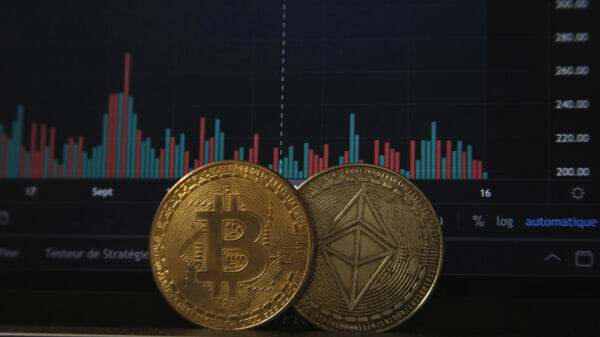Inflation, the gradual increase in the prices of goods and services over time, has become a growing concern for the average American. As prices rise, the purchasing power of their hard-earned money diminishes, making it harder to meet basic needs and maintain their standard of living.
One of the most significant ways inflation affects everyday life is through the rising cost of essential commodities. From groceries to housing, Americans are witnessing increased prices across the board. The average American family now spends a larger portion of their income on basic necessities, leaving less room for discretionary spending and savings. As a result, families may need to cut back on leisure activities, delay major purchases, or dip into their savings to make ends meet.
Another area where inflation takes a toll is in the housing market. As the prices of homes continue to rise, homeownership becomes increasingly challenging for many Americans. Higher mortgage rates and inflated home prices make qualifying for loans and paying monthly mortgage payments harder. This situation pushes some individuals into the rental market, where rising demand drives up rental prices, further straining their budget.
The impact of inflation extends beyond essential needs. It affects everything from transportation costs to healthcare expenses. The rising cost of gasoline affects commuting expenses, making traveling to work or running errands costlier. Healthcare costs, including insurance premiums, copayments, and prescription medications, also experience inflationary pressures, making it harder for individuals to access necessary medical care without incurring significant financial burdens.
Inflation has a ripple effect on wages as well. While prices rise, wages may not keep pace, leading to a decline in real wages—the purchasing power of income. This disparity means that despite working hard and earning a steady income, individuals find themselves struggling to maintain their standard of living. It becomes harder to save for the future, invest, or plan for retirement.
Rising inflation also impacts retirees and those on fixed incomes. Social Security benefits and pension payments often fail to keep up with the rising cost of living. As a result, retirees may find themselves having to make difficult choices between necessities such as healthcare, housing, and food.













































